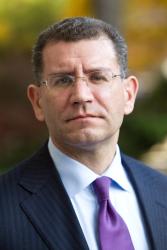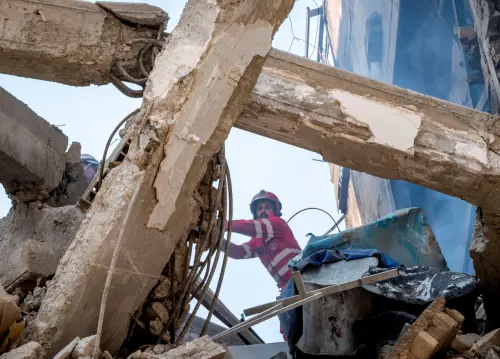

9:00 am EST - 2:00 pm EST
Past Event
9:00 am - 2:00 pm EST
1775 Massachusetts Ave., NW
Washington, DC
Even as the international community seeks to stem the proliferation of nuclear weapons, Iran continues adding to its stocks of enriched uranium, including the type of enriched uranium needed to arm a nuclear weapon. Given that little prospect exists for resumption of the P5+1 discussions with the Iranian government, the International Atomic Energy Agency’s Board of Governors will tackle the Iran issue when it meets on November 17-18 in Vienna. What is the current state of Iran’s nuclear program, and do the Iranians feel pressure from United Nations Security Council mandates and other sanctions? What are the prospects for holding together the coalition that is now working to halt Iran’s nuclear program?
View archived video of the full event on C-SPAN »
On November 22, the Saban Center for Middle East Policy, the Center on the United States and Europe and the Arms Control Initiative at Brookings hosted a conference to examine the Iranian nuclear program, assess the impact of international sanctions to date and analyze the ability of the international community to sustain unity and pressure on Tehran. The conference concluded with keynote remarks from U.S. National Security Advisor Tom Donilon.
After each panel, participants took audience questions.


Yun Sun
June 29, 2025

Aslı Aydıntaşbaş, Robert Einhorn, Vanda Felbab-Brown, Sharan Grewal, Samantha Gross, Louison Sall, Steven Heydemann, Mara Karlin, Suzanne Maloney, Itamar Rabinovich, Yun Sun, Caitlin Talmadge
June 16, 2025

Landry Signé
May 27, 2025